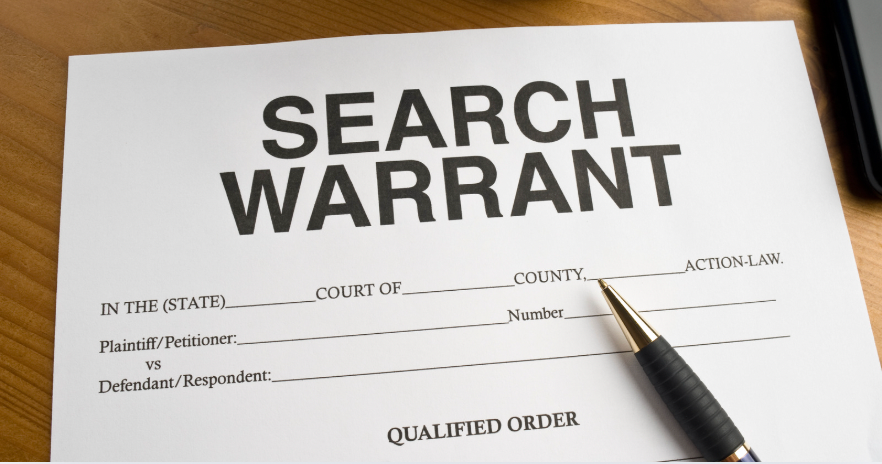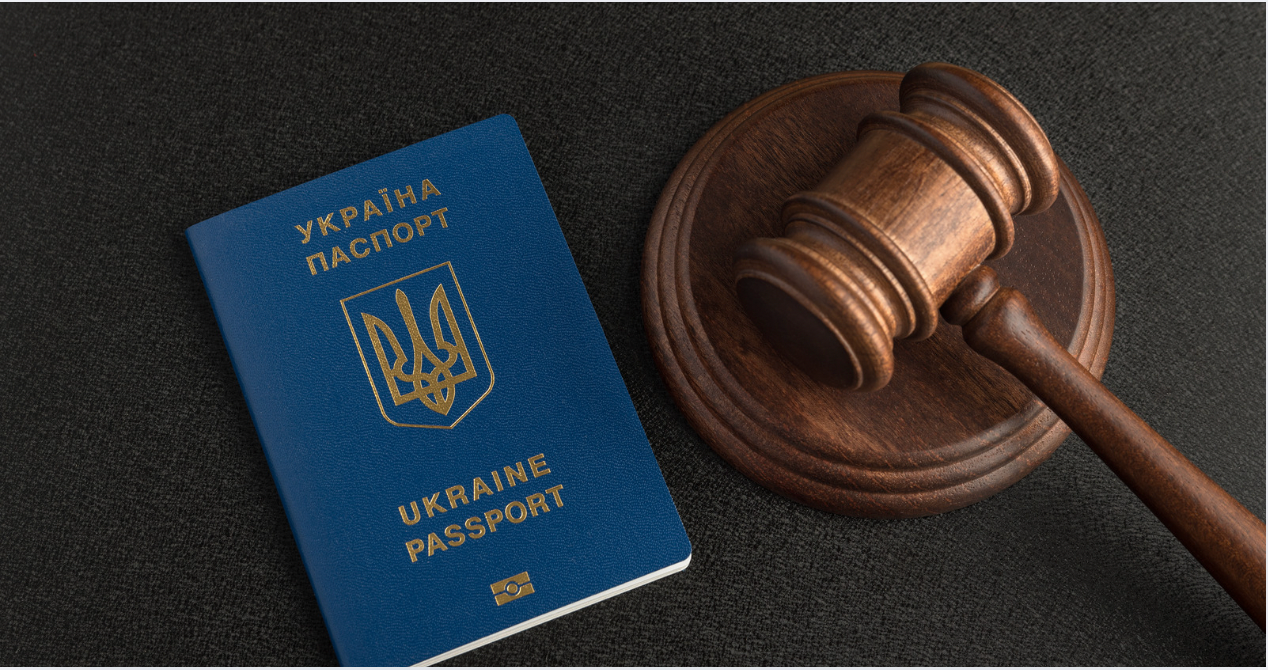The Difference Between Bail Bond Agents and Bounty Hunters
When someone is arrested and placed in jail, understanding the roles of bail bond agents and bounty hunters can be critical in navigating the legal process. While these professions may sometimes intersect, they serve distinct purposes in the bail bond system.
Bail Bond Agents: Facilitating Release
A bail bond agent, also known as a bail bondsman, is a licensed professional who provides financial assistance to defendants unable to pay the full amount of their bail. When a bail amount is set by the court, the agent guarantees the full amount in exchange for a non-refundable fee, typically around 10% of the bail. This service allows the defendant to be released from jail while awaiting trial.
Bail bond agents are primarily focused on ensuring their clients comply with the court's requirements. They provide reminders of court dates and may check in with defendants to ensure they fulfill the terms of their release. Their ultimate goal is to see the defendant appear in court, as their business depends on the defendant meeting these obligations.
Bounty Hunters: Locating Defendants
Bounty hunters, on the other hand, come into play when a defendant "jumps bail," meaning they fail to appear for their scheduled court date. When this happens, the bail bond agent may enlist the help of a bounty hunter, also known as a fugitive recovery agent. These individuals specialize in tracking down and apprehending those who have skipped their court dates.
Unlike bail bond agents, bounty hunters often have extensive training in investigation and apprehension techniques. They operate under the authority of the bail bond contract, which allows them to recover the fugitive and return them to custody. In most states, bounty hunters must comply with strict licensing and training requirements, ensuring they operate within legal boundaries.
Key Differences
The primary difference lies in their roles: bail bond agents focus on facilitating release and compliance, while bounty hunters specialize in locating and returning those who violate their bail agreements. Additionally, while both are important players in the bail system, their day-to-day responsibilities and expertise vary significantly.
Need Bail Assistance? Call Griffith Bailbonds Today
If you or a loved one needs help navigating the bail process, Griffith Bailbonds is here to assist. Our experienced team is available 24/7 to answer your questions, post bail, and guide you every step of the way. Don’t wait—contact us today to get the help you need and regain peace of mind.











